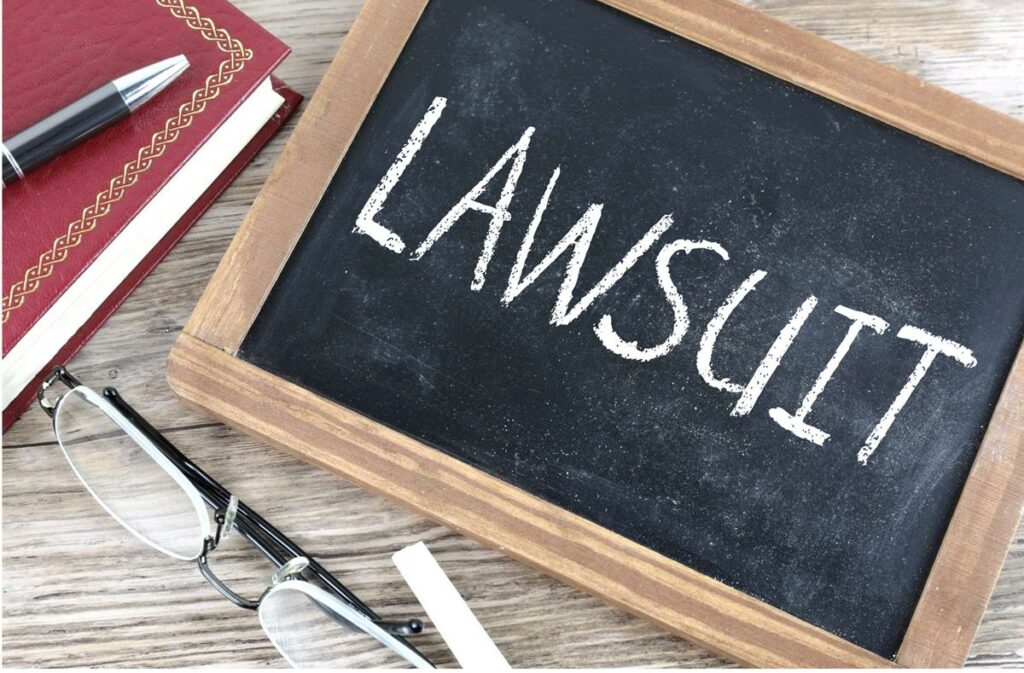
If you are looking for information on how to sue someone, then it must mean that you have been wronged by someone recently. If it has resulted in damages for you, you must already be reeling with anger to sue the counterparty to make them pay for the damages they caused you.
But are your wishes to sue someone to make them compensate for your damages enough for a law firm to take up your case? Well, a law firm will only take up a case that they feel to be financially feasible for them. But even if a law firm rejects taking up your case, it does not close the doors of a courtroom for you.
You must already be wondering if it is possible to sue someone without a lawyer. Well, why not? But the real question here is that should you sue someone without a lawyer? We do not suggest anyone sue someone without a lawyer as that is a different ballgame. We will come to that as well. But before that, let us focus based on how to sue someone.
This article covers the following topics:
#1. Is it Worth it?
#2. Common Grounds of how to sue Someone?
Is it Worth it to sue Someone?

The first thing that you should do before suing someone is to ask yourself if it is truly worth it. In many cases, the settlement amount is not enough to cover the legal fees. That is why law firms do not agree to take up each & every case that comes to them. They quantify the cases in terms of feasibility. You must do the same and ponder if the settlement amount that you will likely receive from the lawsuit be enough to cover your legal fees or not.
Be objective and reasonable while weighing your case. Each & every case has a different weightage depending upon the circumstances involved and damages inflicted.
Let’s say that a vendor did not supply a crucial component to your business even after making a contract of supplying it within the deadline. But they failed to supply the components to you in time, and thus, your business had to endure losses worth millions of dollars. Circumstances like this have a lot of weightage in court. On the other hand, a case about a neighbor damaging your garden due to sheer negligence won’t have the same weightage.
To get a clear picture of the possible circumstances under which you can sue someone, let’s have a look at some of the common disputes that often end up in people suing each other.
Common Grounds – How to Sue Someone?
It is important to remember that the court of law does not decide the fate of a case based on what appears to be morally right. The court carefully looks into whether your presentation or witnesses seem to be more convincing than your counterparty’s. Now, this is where lawyers make a difference. The success of self-representation often relies only on seizing the high moral ground. Whereas a lawyer puts in efforts to ensure that your case fits the requirements of law and has enough material to prove that you are making a legally just claim.
Some Common Grounds of Suing
One of the most common grounds for suing is bad debt. In a bad debt case, you need to prove that the debt exists, the counterparty is yet to pay a certain sum, the date of payment as mentioned in the contract has expired, and the counterparty has not paid you yet either fully or partially.
Similarly, in a breach of warranty or breach of contract case, you need to prove that one or more terms of a valid contract have been breached or broken by the other party involved in the contract or the merchant who sold you a product. Moreover, you need to prove that you suffered a monetary loss due to the breach. Only then, you can claim for damages.
Another one of the most popular grounds for suing is libel or slander, or often known as a defamation lawsuit. In such lawsuits, you must prove that there was damage to your or your brand’s reputation. But, only proving that is not enough. You must show that what caused the damage was something that the other party said or wrote, which in turn convinced the audience who either heard or read it to believe that it was certainly about you or your brand.
Other fit cases for suing someone include instances where the other party has created a nuisance, inflicted a personal injury or resorted to professional malpractice. Damaging your property by the counterparty, himself, or by a defective product sold by the other party makes you eligible to file a lawsuit.
The Process of Suing
The process of suing is referred to as litigation. Litigation involves several phases. To begin, the lawyer sends a demand letter to the party you are planning to sue. A demand letter intends to settle the dispute before it moves to the court. The settling usually happens by paying money in exchange for dropping a lawsuit. However, if the settlement attempts fail, the case moves to the second stage, known as the discovery stage. A Summons and Complaint is filed in this stage. Afterward, the defendant sends several formal requests to the plaintiff, making demands for certain information.
The plaintiff responds to these demands and sends their requests. Once both parties have completed the exchange of information, the depositions start taking place. Once everyone has been deposed, there is usually another round of settlement discussions. If those discussions fail, the litigant files a Note of Issue telling the court that the case is ready to move on to the trials.
A trial is where both parties try to prove their claims in front of a judge or a jury with whatever facts, witnesses, and testimonies they have been able to gather. If you do not agree to the judgment pronounced during trials, you can move to the higher courts, which are generally referred to as the appellate courts or the appellate division.
Summary
Since it is a lengthy procedure, it may become stressful and financially exhausting in the long run. Therefore, weigh your options well before moving to court. Check whether you have enough evidence to prove your claim and whether you are yourself capable of representing your case. Since it involves the filing of documents, making proper presentations, and valid arguments, it is always better to take the assistance of a trained and experienced legal mind.
Are You Looking For a Lawyer? Fill This Form to Contact a Lawyer Near You:
